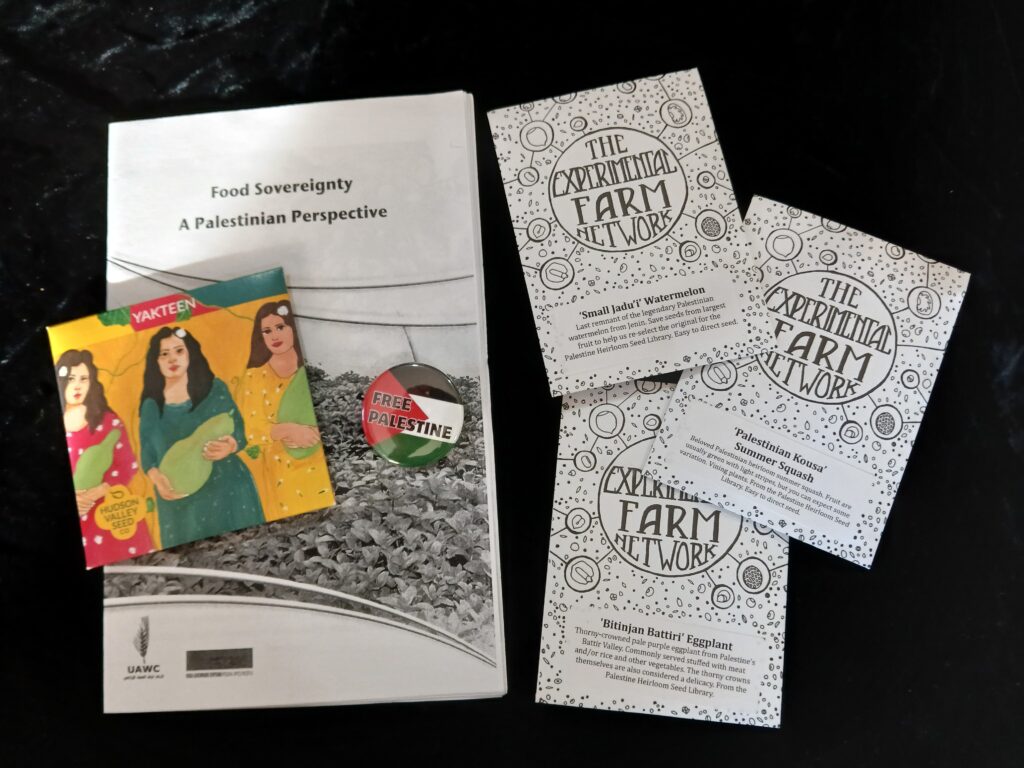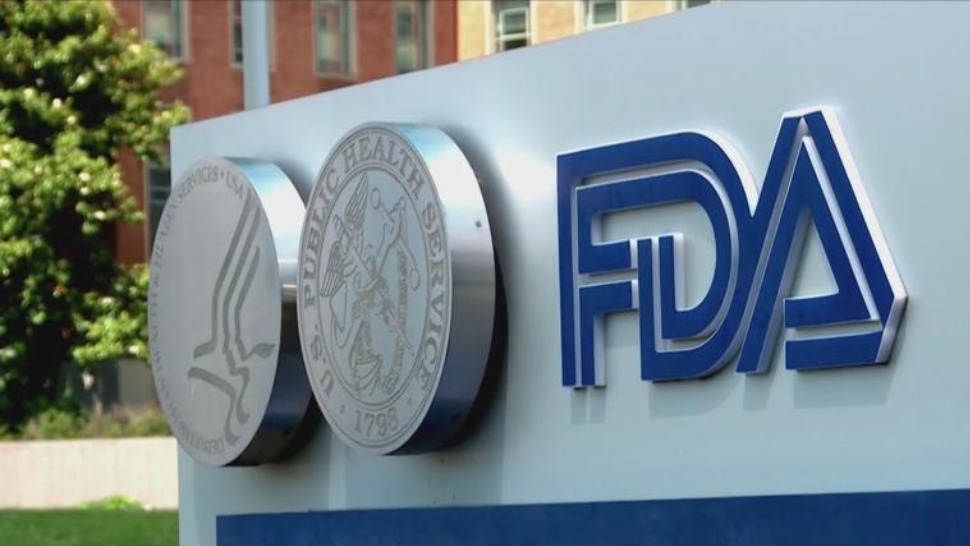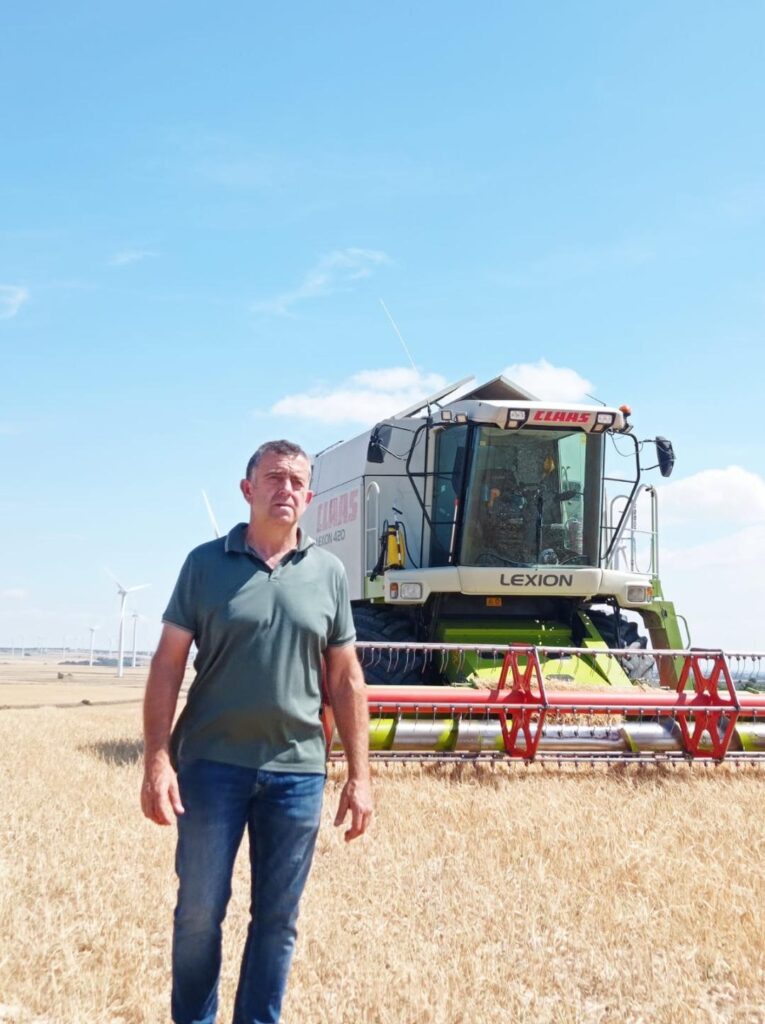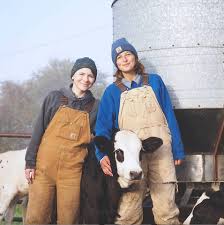By: Anthony Pahnke, vice president of Family Farm Defenders and an associate professor of international relations at San Francisco State University in San Francisco.
Originally published by the Hill, 12/16/2024
At first glance, there’s not a lot of promise for farm system advocates with the incoming Trump administration.
Take, for instance, Trump’s pick to serve as Agriculture secretary, Brooke Rollins. The section dedicated to agriculture on the web page of the America First Policy Institute, where Rollins served as CEO, has almost nothing on food or farming. In fact, the little that does appear there deals with energy policy, making it seem that U.S. agriculture should be more about oil exploration than growing food.
And if Trump’s first term is any sign of what’s to come, then we can expect a series of taxpayer-subsidized payments to offset losses that will be incurred during trade war 2.0.
Meanwhile, from 2012 to 2022, the U.S. lost over 200,000 farms — about 10 percent of the country’s total. The only operations that increased in number during that time were megafarms that raked in more than $1 million a year in revenue, going from 81,660 in 2012, to 107,952 in 2022. Small and medium farms were decimated. With our food system becoming more and more dependent on imports, large-scale factory style operations and global suppliers make up our increasingly industrialized food system.
Such developments make Robert F. Kennedy Jr. taking the helm at the Department of Health and Human Services that much more important. For all the hubbub surrounding his stances on vaccines or flouride in water, his condemnation of pesticides and opposition to food additives makes it clear that he believes our industrial agricultural system needs serious reform. Towards that aim, if RFK Jr. wants to make real change, he ought to consider using his full powers at the Food and Drug Administration to go after facilities abroad, as well as check the power of unregulated factory farms stateside.
First, the American system is one of checks and balances. No agency or department controls any one policy area entirely, including agriculture. This means that although the Department of Agriculture is primarily in charge of farm policy, the FDA, which is within Health and Human Services, also has some responsibilities in governing our food system.
The legislation that grants the FDA power in agriculture is not the farm bill, but the Pure Food and Drug Act of 1906. This act is one of many progressive-era laws that sought to protect consumers from corporate abuses of power. Subsequennt laws expanded its power in terms of conducting inspections and issuing rules for industry.
In terms of specifics, the FDA under RFK Jr. could get more involved in addressing problems in our industrialized food system by conducting more inspections of farms and facilities — particularly foreign ones.
On this note, China deserves attention.
While receiving more attention for what we export to them, China is actually the third largest supplier of agricultural goods to the U.S., trailing only Mexico and Canada. This is especially true with seafood, with about 80% coming from abroad, including from Chinese firms.
The FDA has the power not only to inspect foreign facilities where food (including seafood) is processed, but also to file injunctions and enter into criminal proceedings against firms that break labor laws. Reports have already disclosed forced labor in China is being used to supply seafood. The FDA under RFK Jr. could conduct more investigations on such firms abroad, where cheap labor may be making fish cheaper than what American fishers can sell it for.
Stateside, the FDA could do more with regulating factory farms in terms of water contamination.
While also the province of the EPA, the FDA does have a stake in overseeing environmental contamination if there is a potential impact on consumer health. The recent multistate E Coli outbreak with McDonalds onions is just one example of the FDA, along with the CDC, analyzing one example of something going wrong with the food system. The point with such investigations is not just to point blame and punish wrongdoing, but also to prevent future disasters.
On water contamination particularly, a coalition of consumer and environmental groups urged the EPA to strengthen its factory farm water pollution regulations under the Clean Water Act. Of particular note is how an estimated 10,000 operations nationwide discharge waste water illegally without permits. Despite their very real concerns, their petition was denied last year.
On this point, the FDA could continue this investigation. It has the authority to investigate farms for their manure disposal and storage capacities, and as to whether they contaminate water sources. Taking up what the EPA could not, the FDA under RFK Jr. — if he really wants to reform our food system — could inspect large-scale factory farms, punishing the most egregious for harming our waterways and the environment.
Then there is the issue of antibiotic overuse. Earlier this year, Sen. Cory Booker (D-N.J.) sent a letter to the FDA calling for more stringent limits on the use of antibiotics on factory farms, particularly as their misuse causes antimicrobial resistance in both people and animals. The FDA, thanks to the Federal Food, Drug, and Cosmetic Act, has the power to regulate the use of drugs, such as antibiotics, in animal agriculture. Now, RFK Jr., to “make America healthy again,” has the chance to do so, setting limits on what factory farms can use.
We are told that many of Trump’s Cabinet picks, including RFK Jr., are meant to “blow up” institutions. Hyperbole aside, maybe our food system, which is experiencing the ills of relentless concentration and environmental degradation, deserves to be shaken up a bit.








